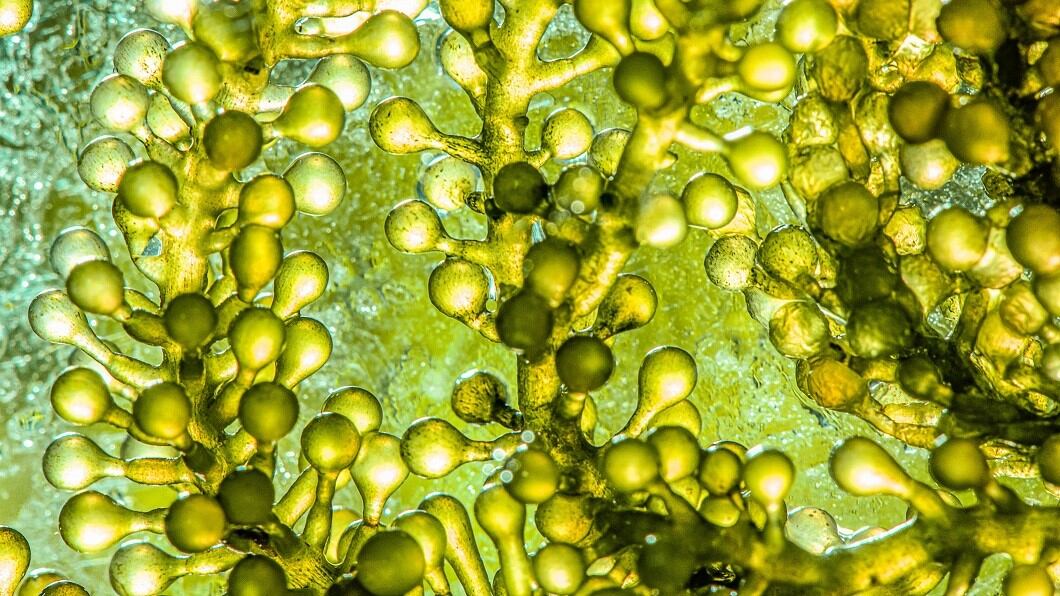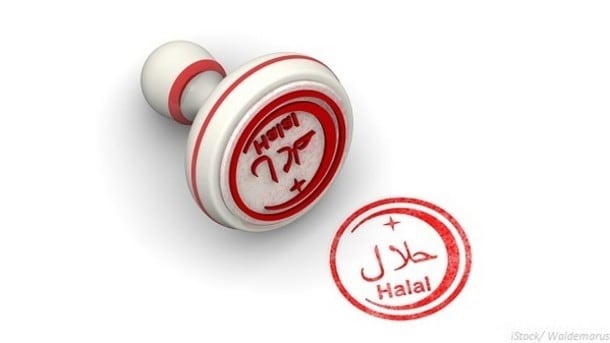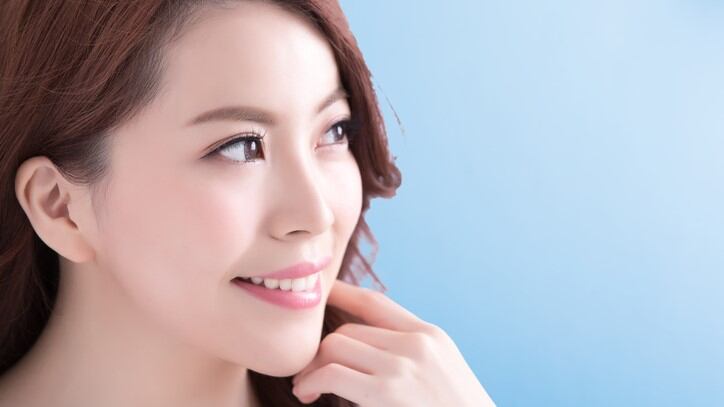China’s National Medical Products Administration (NMPA) published the draft version of the CSAR in 2018.
Speaking at ACA Leader’s Forum 2019, Jason Chan, Business Head, Global Cosmetic Division of REACH24H is optimistic it will come into effect by the end of the year.
Key points of CSAR
Previously, the NMPA defined cosmetics as a “…daily-used chemical product intended to be applied on the surface of human body…”
However, the new draft has removed the requirement that it needs to be applied externally, potentially widening the scope of products.
Notably, oral care products such as toothpaste and mouthwash will come under this regulation but is exempt from the same level of required registration and filing.
The new draft also simplifies special-use cosmetics (SUC) by narrowing it down to five categories: hair dye, hair perm, skin whitening, sun protection and cosmetics that have new function claims.
Additionally, both SUC and non-special-use cosmetics (Non-SUC) will require the submission of a safety assessment report by an assessor with at least five years of experience.
The NMPA will also require literature reviews and test reports to be submitted as proof of efficacy. These abstracts will be made available to the public via government websites.
New ingredient update
According to the draft, new ingredients will require pre-market registration.
Under the new CSAR, ingredients considered high risks, including new preservatives, sunscreens ingredients, colourants, hair dyes and whitening agents need to register and obtain approval from NMPA.
These high-risk ingredients will be observed for three years.
The ingredient will only be included in the Inventory of Existing Cosmetic Ingredients in China (IECIC) and accepted for use in cosmetic production assuming no safety concerns are found during the three-year period.
However, if there is a safety concern during the three-year period, its registration or filing will be revoked.
According to Chan, the Chinese government has approved only 10 new ingredients in the last 10 years.
However, this may change soon as the government may release an updated version of the Inventory of Existing Cosmetic Ingredients in China (IECIC), which was last updated in 2015.
Animal testing in China
In May 2019, the NMPA released the draft Administration Measures on The Filing of Non-Special Use Cosmetics.
These measures will likely come into place after the implementation of CSAR.
“The draft new consists of five chapters with 30 provisions with many details about product filing and supervision. Although it is a draft version, very important to predict the future of filing management,” said Chan.
Most notably, the draft expressly said that non-SUC are exempted from animal testing. However, Chan added that it comes with its own set of conditions.
According to the draft, non-SUC are exempted if they are manufactured under certified GMP conditions and the safety risk assessment results can sufficiently prove product safety.
However, products will still have to undergo toxicology testing under the following circumstances.
Firstly, products are not exempt from testing if it is specifically for children and infants, if they contain raw materials that that have not been included in the IECIC, regardless of whether the materials have been filed or approved.
In addition, the applicant, domestic responsible person or manufacturer must not be listed as a key supervision target according to the results of China’s credit rating.
Lastly, products will not be exempt if the applicant, domestic responsible person or manufacturer has been investigated or punished due to the quality and safety issue of cosmetics in the past three years.





